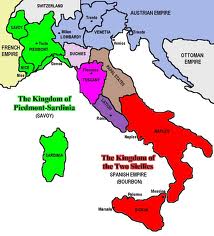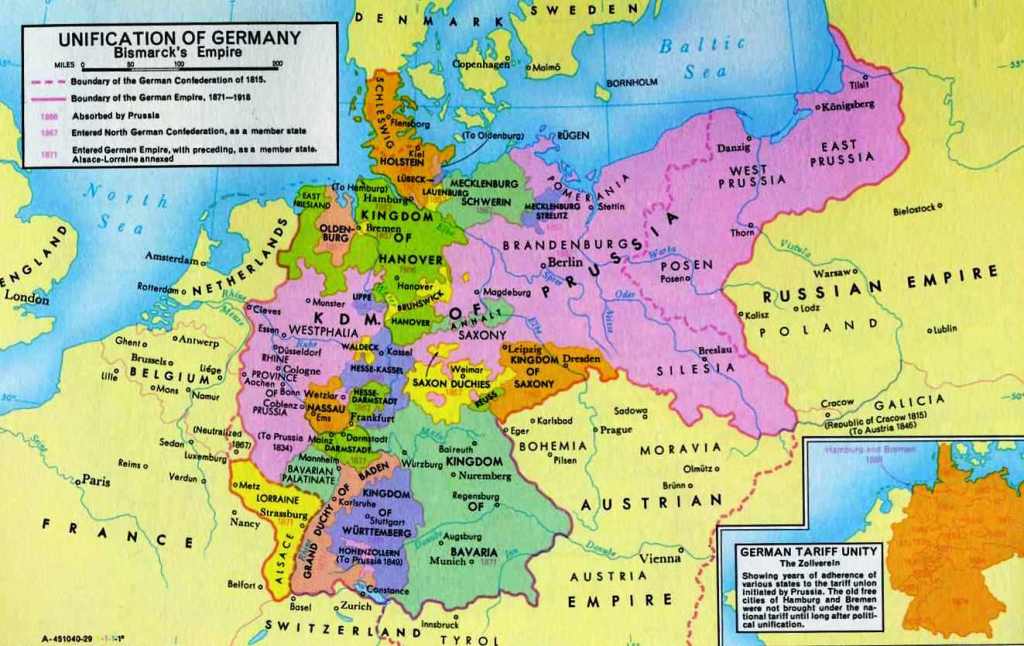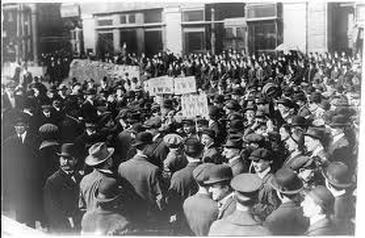Nation States and Political Reform
A nation-state is a state that self-identifies as deriving its political legitimacy from serving as a sovereign entity for a nation as a territorial unit. Nation States emerged on a large scale from the late 1700s to early 1900s, they played a key role in: economic, political, and religious unity needed for the demand of nationalist movements.
Characteristics of a Nation state
Nation states differ from previous dynasties and monarchies in that, all classes and all people within the physical boundary share economic, culutral, religous, and linguistic characteristics that bring them unity. Not only shared by the people but supported and constituted by strong leaders in the state. For the first time in History geographical boundaries are not left to reccuring warfare and monetary disputes but rather important physical borders such as mountains and rivers, that also symbolize a sepration not only between nations but peoples and races.
Italy as Nation States
Italy existed as a Nation- State from 1815 (During the Congress of Vienna), and ended in 1870 with the capture of Rome. Italy was heavily influenced by the idea of Napoleon, and his movements of unification and Nationalism. Despite rejecting French influence, Italy saw the end of the Napoleon era as their chance to unite and become a major power. While Unified Nation States Italy saw very little success they faced three wars of Independence in the matter of fifty years, with territories and borders changing constantly. Italians also had little success as a major force in imperialism, with only a few colonies in Africa that did not last long of fair well. Italy as Nation States is significant because it shows that Nationalism is not always successful.
Germany as Nation states
Germany's rise to become a nation state was a direct result of nationalist political campaigns as well as strong leadership, and militant strength. Leaders such as Otto Van Bismarck, known as "The Iron Chancellor", and Wilhelm I, helped Germany become unified through successes in both the Franco-Prussian and Austrian-Prussian wars. Both these wars allowed Germany to attain states and territories that felt similar nationalism as the rest of Germany sharing both cultural and language characteristics. The unification of Germany into Nationalist Nation-states was a significant event because it pushed Germany to become a strong power in the 19 and 20th century; as well as creating a dangerously high sense of Nationalism that indirectly sparked Germany' as a Catalyst in both world wars.
Political Reforms
From the 1700s-1900s many power countries underwent serious Political reforms. Economically countries such as Britain and Germany grew to market-based economies with consumer deciding what supply and demand will be. Politically Britain, France, Belgium all established parliaments systems with a high number of middle class Representative. Countries such as the United States and France (under Napoleon offered religious freedom.Parts of the U.S and Australia gave women the right to vote in the early 1900s. And finally through Industrial revolution: Britain, France, Germany, USA, and Russia began to create workers rights as well as unions to protect their working class. All of these reforms contributed to the advancements of western countries of many other regions of the world.



